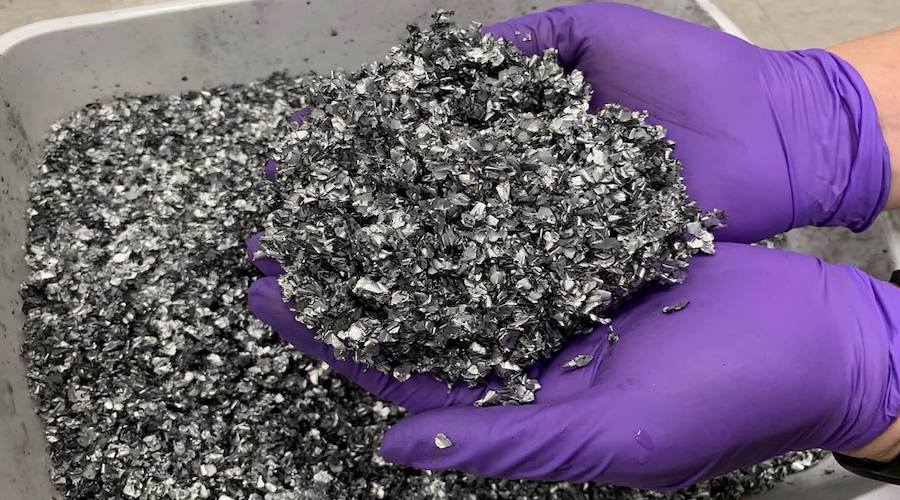When the first battery-grade cobalt was produced at Canada's First Cobalt Refinery, the mining industry achieved the first step in establishing an alternative supply of the commodity, away from the DRC, where ethical operations would be simpler to enforce

More than 70% of the world's cobalt is located in the Democratic Republic of Congo (Credit: American Mangenese)
Plans to expand an early-stage cobalt mine in the far north of Canada have been cancelled by the facility’s operator Fortune Materials as the commodity’s price continues to perform poorly on the global market.
The firm announced its decision on 3 October when cobalt prices reached a low of $35,470, down from $47,000 in January, with oversupply and dwindling demand accounting for the majority of the dip.
The discovery of cobalt in the country was welcome news for the industry which has thus far been forced to mine the metal almost exclusively in the DRC, where regulation is loose, labour conditions are perilous and the market is largely diluted.
Fortune president and CEO Robin Goad said: “An environment that has seen curtailment from the world’s largest cobalt mines is not conducive for an expanded, capital intensive project at this time.
“However, the world continues to transition to electric mobility and will require new sources of cobalt that are independent of the DRC to meet the increase in demand from the battery sector.
“Fortune is optimising its NICO development to be more robust at various cobalt prices and position the Company to support the transformation of the auto industry.”
Cobalt in Canada much-needed alternative to DRC supply
When the first battery-grade cobalt was produced at Canada’s First Cobalt Refinery, the mining industry achieved the first step in establishing an alternative supply of the commodity, away from the DRC, where ethical operations would be simpler to enforce.
First Cobalt president and CEO Trent Mell said: “Producing a battery grade cobalt sulfate is one of our most significant accomplishments as the majority of refined cobalt for the electric vehicle market is produced in Asia.
“With no cobalt sulfate production in North America today, First Cobalt stands to become the first such producer for the American electric vehicle market.”
Child labour, diminutive wages and life-threatening working conditions have combined to create a mining network in the DRC that infringes on the most basic human rights and sullies the international market with a blood-stained supply chain.
Efforts to solve the conundrum have thus far proven ineffective, with most companies using easily-exploited certification methods to ensure minerals critical to future markets such as electric vehicles and battery storage are sourced ethically.
Making matters worse for the wider market is the systematic control China has established over Congolese cobalt, the most abundant anywhere in the world, which could see other countries at a disadvantage once the electric automotive transition arrives and grid-scale energy storage comes of age.
